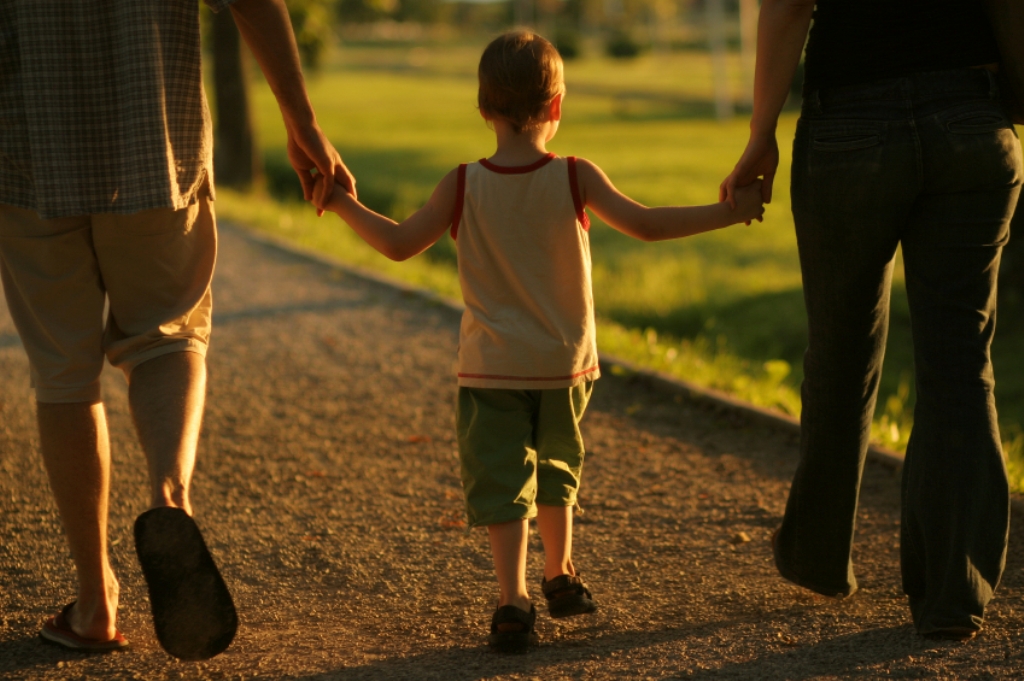Survey Shows Waco, McLennan County Residents Feeling Safer at Night

(iStock photo)
2012 Baylor community poll on neighborhood safety perceptions follows up on 2010 results
Follow us on Twitter: @BaylorUMediaCom
Contact: Lori Fogleman, (254) 710-6275
WACO, Texas (Aug. 9, 2012) - Waco and McLennan County residents are reporting higher rates of feeling safe in their local neighborhoods, according to survey results released today by Baylor University's Center for Community Research and Development (CCRD).
The 2012 survey follows up on a community poll on public perceptions of crime conducted by CCRD in 2010. From March 19 through April 21, 2012, the CCRD interviewed 701 adult residents of McLennan County, 512 via traditional landline telephones and 189 respondents by cell phone. The CCRD findings were analyzed by Jeffrey Tamburello, a CCRD research analyst and doctoral student in the Baylor Applied Sociology Program, and Robyn Driskell, Ph.D., CCRD research director, executive associate dean of the College of Arts and Sciences and professor of sociology.
Respondents were asked - "If you were walking alone in your neighborhood at night, would you feel [safe]?" - with responses ranging from "very unsafe" to "very safe." Findings were broken down by age, gender, race, income and neighborhood area. Response rates of the 2012 poll are compared to those from the 2010 survey.
A PDF of all survey findings can be downloaded here.
Overall Perception of Crime
In 2012, nearly 73 percent of polled residents reported feeling safe in their neighborhoods at night, compared to 59 percent in 2010.
Of those who reported feeling safe in 2012, 55 percent of residents reported feeling "very safe" in their neighborhoods at night, up from 46 percent in 2010.
Of those polled who were 65 years of age or older, 63 percent reported feeling safe in their neighborhoods at night in 2012, compared to nearly 52 percent in 2010.
These trends are consistent among all major ethnic groups in McLennan County.
Perceptions of Crime by Area
The CCRD survey showed results from residents living in all areas of McLennan County, including East Waco, South Waco, Central Waco, North Waco, West Waco, McGregor/Moody, Woodway and Hewitt/Eddy.
North Waco residents showed the highest percentage change in perception about neighborhood safety. In 2012, 83 percent of North Waco residents surveyed reported feeling safe in their neighborhood, up from 54 percent in 2010.
South Waco residents similarly reported feeling safe at much higher rates. In 2012, 74 percent of South Waco residents reported feeling safe in their neighborhood, up from 48 percent in 2010.
Among Woodway residents, 92 percent of those polled in 2012 reported feeling safe when walking around their neighborhood at night, up from 79 percent in 2010.
Future Survey Reports
CCRD surveyed Waco and McLennan County residents to test new data-collecting measures that include the use of cell phones. Additional survey questions that cover a range of local interest topics were asked of McLennan County residents, including:
How satisfied are Wacoans with their community? Would they recommend it to people living elsewhere? How do our local assessments compare with assessments of residents in other cities across the nation?
Who chooses to fly out of Waco rather than Dallas, Austin, or Killeen? What airport is the major challenge to Waco Regional among the local flying public?
What new businesses do Wacoans want to see come into the city? What's on top of the "wish list" for department stores and restaurants?
CCRD faculty and graduate students will analyze the findings and release reports throughout the summer and fall.
ABOUT THE BAYLOR CENTER FOR COMMUNITY RESEARCH AND DEVELOPMENT The Center for Community Research and Development (CCRD) at Baylor University was established in 1979 as a multidisciplinary entity with a mission of engaging Baylor faculty and students in applied social research aimed at improving the local quality of life. Over time, the CCRD has broadened its focus, sometimes engaging in statewide or national research, and the CCRD has become closely linked with Baylor's graduate program, specifically the Ph.D. in Applied Sociology. Still, CCRD's research remains multidisciplinary and many of the CCRD's projects retain a local quality of life focus. For more information, call (254) 710-3811 or visit www.baylor.edu/CCRD.
ABOUT BAYLOR UNIVERSITY
Baylor University is a private Christian university and a nationally ranked research institution, characterized as having "high research activity" by the Carnegie Foundation for the Advancement of Teaching. The university provides a vibrant campus community for approximately 15,000 students by blending interdisciplinary research with an international reputation for educational excellence and a faculty commitment to teaching and scholarship. Chartered in 1845 by the Republic of Texas through the efforts of Baptist pioneers, Baylor is the oldest continually operating university in Texas. Located in Waco, Baylor welcomes students from all 50 states and more than 80 countries to study a broad range of degrees among its 11 nationally recognized academic divisions. Baylor sponsors 19 varsity athletic teams and is a founding member of the Big 12 Conference.